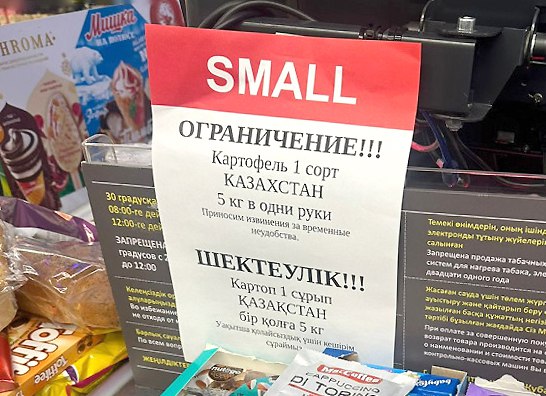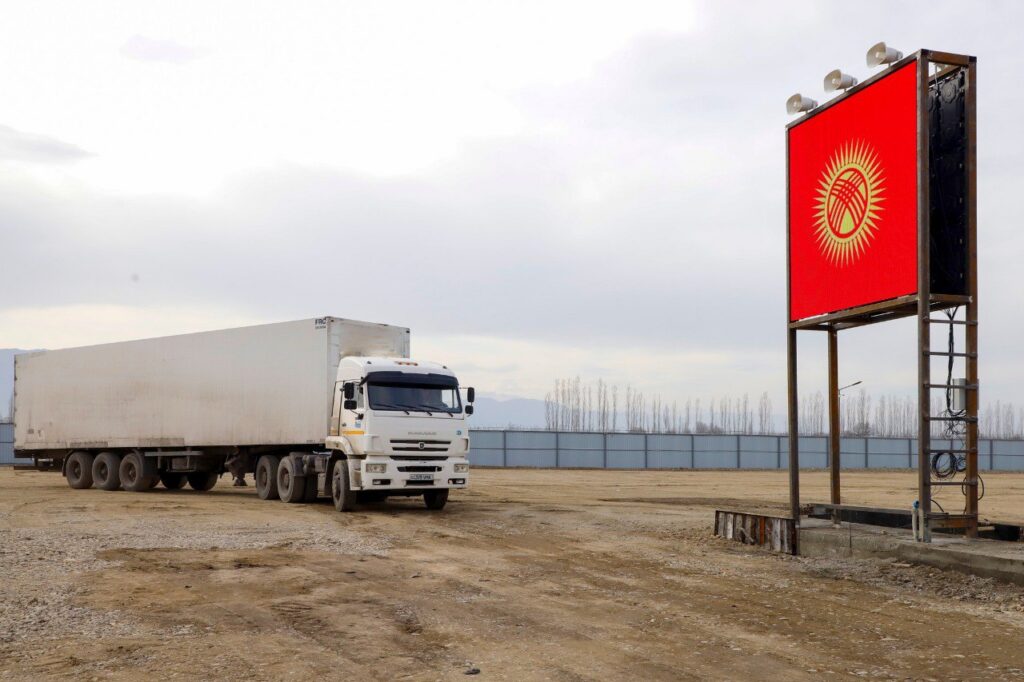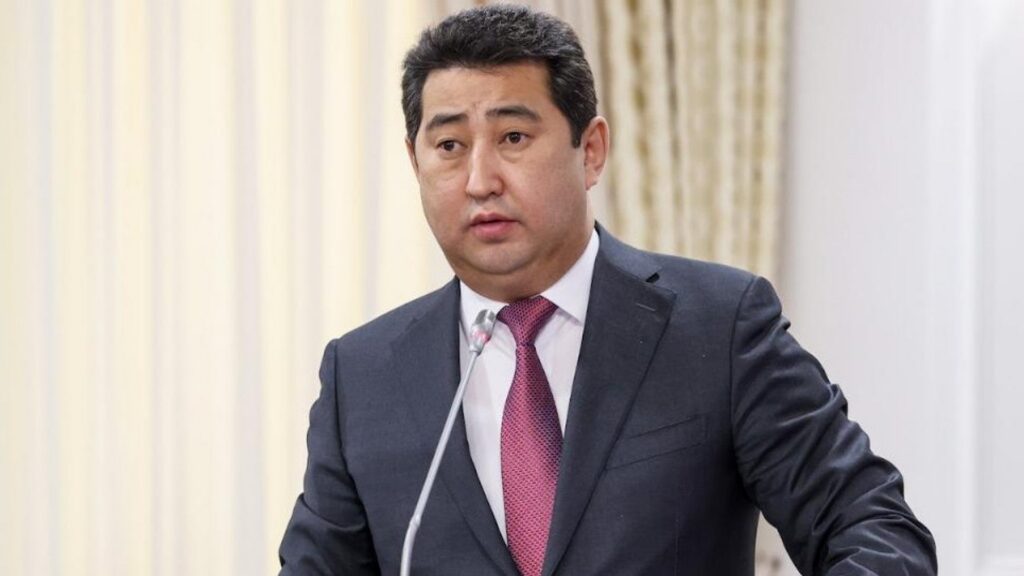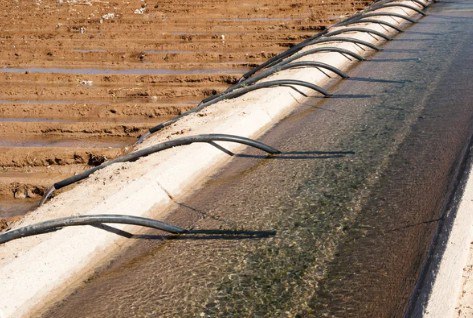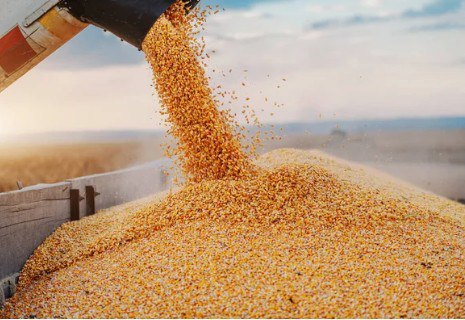Supermarkets in Astana, including the Small and EuroSpar chains, have introduced a restriction on the sale of potatoes, limiting purchases to no more than 5 kilograms per customer. The Astana Akimat’s Department of Investment and Entrepreneurship Development announced that the measure aims to prevent speculation. However, officials have not provided a timeline for when the restrictions might be lifted.
A Sharp Spike in Prices
The price of potatoes has surged sharply in Kazakhstan. According to the Bureau of National Statistics, this spike occurred within a single week, from January 14 to 21. The annualized price increase averaged 57.8% across the country, with some regions experiencing even steeper hikes. In Astana, the price of potatoes doubled – rising by 100% – with a kilogram costing between 400 and 500 KZT ($0.96).
The Ministry of Agriculture (MOA) attributes the price surge to speculation by unscrupulous middlemen. Deputy Minister Yerbol Taszhurekov clarified that the situation cannot be classified as “price collusion” but acknowledged significant price disparities between agricultural producers and retail outlets.
“This is the result of speculative activity. After the New Year, many vegetable storages and warehouses remained closed, leading to a reduced supply in the market. Resellers and speculators exploited this temporary shortage to raise prices,” Taszhurekov explained.
Tackling the Reseller Problem
In response, local governments (akimats) began releasing potatoes from government stabilization funds at significantly reduced prices—between 115 and 130 KZT ($0.25) per kilogram. These measures were implemented to counter speculative practices and stabilize prices until the new harvest.
The MOA reported that Kazakhstan currently has more than 62,000 tons of potatoes in reserve, excluding stocks in trade networks. These supplies are deemed sufficient to meet domestic demand until the next harvest.
In Astana, this intervention helped bring down prices in retail chains like Small and EuroSpar to 280 KZT ($0.54) per kilogram. However, a new issue arose: small retailers began purchasing potatoes in bulk from these supermarkets to resell them at higher prices. To address this, supermarkets imposed a restriction on potato sales, limiting purchases to 5 kilograms per customer.
“All necessary measures have been taken to ensure stable potato prices in Astana. There is no shortage in the city, and products are sufficiently stocked on retail shelves and in markets. Supplies are being replenished in a timely manner. However, to prevent bulk purchases by resellers for resale in small neighborhood stores, supermarkets in the Small and EuroSpar chains have implemented temporary purchase limits,” stated the Department of Investment and Entrepreneurship Development of Astana.
Collaboration Between Retail Chains and Farmers
The Ministry of Trade and Integration (MTI) also took steps to address the situation. Following discussions with representatives from major supermarket chains such as Magnum, Small, Anvar, and Dina, an agreement was reached for these retailers to directly purchase 1,500 tons of potatoes from farmers. The supermarkets will independently manage the transportation of these goods to ensure steady supply.
“Akimats in the regions must present their specific needs, including the required volumes, so that retail chains can promptly meet market demand. Additionally, there must be stricter monitoring of key markets and improved coordination between agricultural producers and retailers,” said Aizhan Bizhanova, Deputy Head of MTI.
The ministry also disclosed that since the beginning of the year, authorities have identified 49 instances of violations of the regulation limiting trade markups on potatoes – a socially important product – to no more than 15% of the purchase price.
Export Restrictions
To further stabilize the market, Kazakhstan implemented a six-month restriction on potato exports to non-Eurasian Economic Union (EAEU) countries in early January. This decision was intended to ensure sufficient supply within the country and curb price volatility.
While temporary restrictions on potato sales in Astana aim to address speculative practices and stabilize prices, the government’s broader strategy includes improved supply chain management, tighter market oversight, and direct cooperation between farmers and retailers. These measures highlight the complex challenges in balancing market stability with ensuring affordability for consumers.
